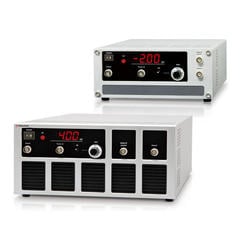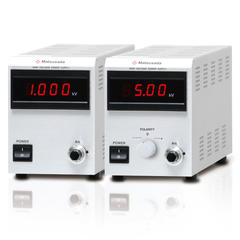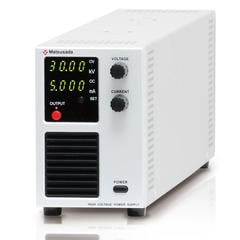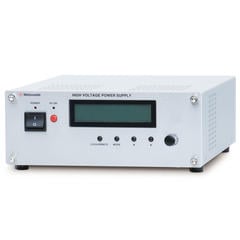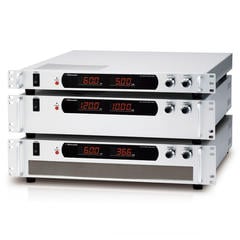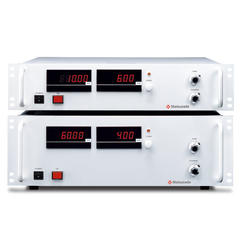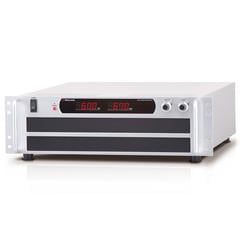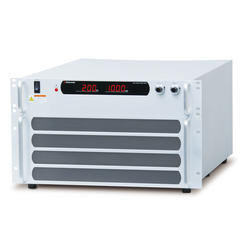Electroporation is a transfection effect of macromolecules such as DNA and RNA into cells using short-pulse electric current.
Cell membranes are destroyed when cells are subjected to high voltages.
However, if a critical voltage that disrupts the cell membrane is applied in a very short time, pores are formed in the cell membrane, and then, it is spontaneously repaired.
At this time, substances can be exchanged between the inside and outside of the cell.
Electroporation is used as a method of transfection where a short pulse of electric current is applied to perforate cells, and nucleic acids are introduced into the cells.
The law features active gene transfection.
Therefore, electroporation referred to as electropermeabilization is used in medical applications. It can be employed to effectively introduce genes into blood cells and lymphocytes, which was difficult with conventional methods.
In addition, the equipment is very easy to operate and does not require skilled labor to obtain highly reproducible experimental results.
Matsusada Precision's high voltage power supplies and amplifiers are available for pulsing target cells in electroporation.
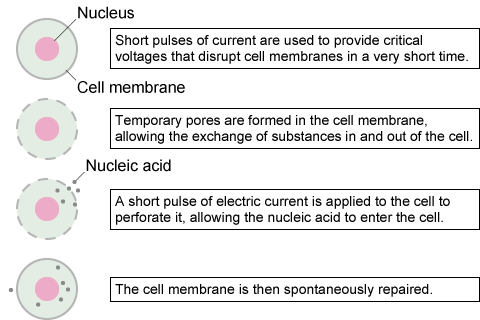
- Related words:
-
- Pulse
- Cell
- Perforation
- Cell Separation
- Flow cytometry
Recommended products
Matsusada Precision provides high voltage power supplies and amplifiers for pulsing target cells in electroporation.




